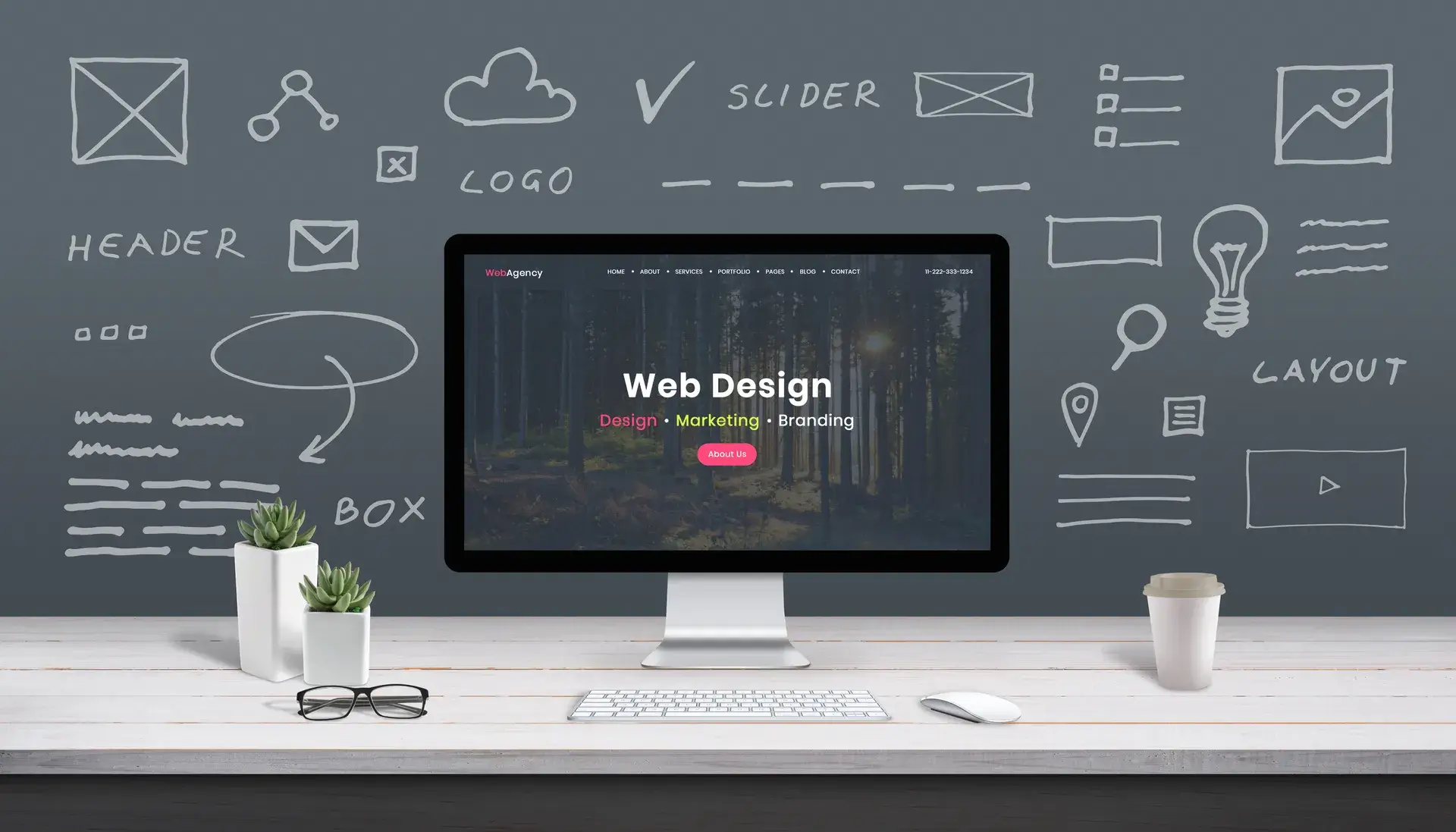Educational web development in Johannesburg refers to the creation of websites specifically designed for educational purposes, catering to schools, universities, educational institutions, and e-learning platforms. This guide will explore various aspects of web development tailored for education, including essential features, benefits, and best practices.
The Importance of Web Development in Education
As education increasingly shifts towards digital platforms, having a well-designed website is crucial. Here are key reasons why:
- Accessibility: A user-friendly website ensures that educational materials are easily accessible to students, educators, and parents.
- Enhanced Learning Experience: Interactive features like quizzes, forums, and multimedia resources enrich the educational experience.
- Brand Presence: Educational institutions can strengthen their brand and reputation through an engaging online presence.
Key Features of Educational Websites
When developing an educational website, consider incorporating the following features:
- Responsive Design: Ensure that your website is mobile-friendly, catering to users on various devices.
- Content Management System (CMS): A robust CMS allows for easy updates and content management by educators.
- User Registration and Profiles: Enable students and teachers to create profiles, facilitating personalized learning experiences.
- Course Management System: Organize courses, lessons, and resources efficiently.
- Interactive Tools: Integrate discussion boards, webinars, and interactive content to engage users.
Benefits of Investing in Educational Web Development
The benefits of a well-developed educational website extend beyond aesthetics:
- Increased Engagement: Interactive elements keep learners engaged and motivated.
- Improved Communication: A centralized platform for announcements and resources improves communication between faculty, students, and parents.
- Analytics and Performance Tracking: Measuring user engagement and feedback helps institutions to adapt and improve their offerings.
Best Practices for Web Development in Education
Here are some best practices to follow when developing educational websites:
- User-Centered Design: Prioritize the needs of students and educators during the design process.
- SEO Optimization: Implement SEO strategies to ensure the website ranks well in search engines, making it more discoverable.
- Regular Updates: Keep course materials and information up-to-date to ensure relevancy.
- Security Measures: Implement strong security protocols to protect user data.
Conclusion
Educational web development in Johannesburg is essential for creating engaging, interactive, and effective learning environments. By focusing on user experience and incorporating essential features, educational institutions can leverage digital platforms to enhance learning outcomes. If you're ready to build a successful educational website, Prebo Digital specializes in web design tailored to educational institutions. Contact us today for a consultation!














